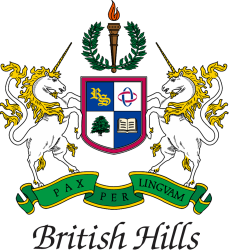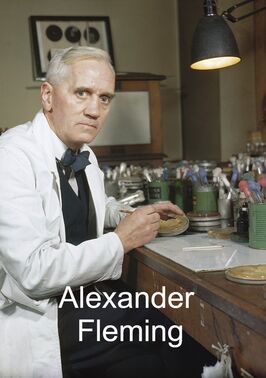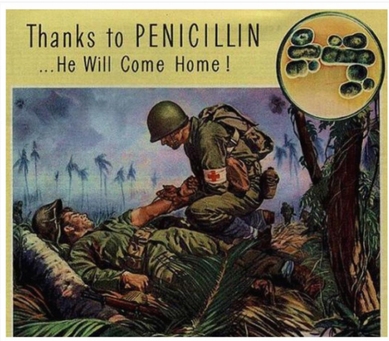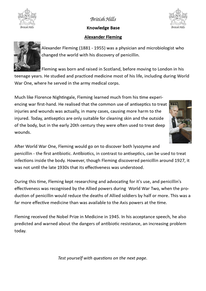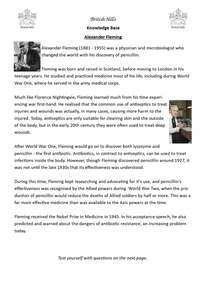Alexander Fleming
Who was Alexander Fleming? Find out by reading below.
There is a worksheet available at the bottom of the page to check your understanding.
|
Alexander Fleming (1881 - 1955) was a physician and microbiologist who changed the world with his discovery of penicillin.
Fleming was born and raised in Scotland, before moving to London in his teenage years. He studied and practiced medicine most of his life, including during World War One, where he served in the army medical corps. Much like Florence Nightingale, Fleming learned much from his time experiencing war first-hand. He realised that the common use of antiseptics to treat injuries and wounds was actually, in many cases, causing more harm to the injured. Today, antiseptics are only suitable for cleaning skin and the outside of the body, but in the early 20th century they were often used to treat deep wounds. After World War One, Fleming would go on to discover both lysozyme and penicillin - the first antibiotic. Antibiotics, in contrast to antiseptics, can be used to treat infections inside the body. However, though Fleming discovered penicillin around 1927, it was not until the late 1930s that its effectiveness was understood. During this time, Fleming kept researching and advocating for it's use, and penicillin's effectiveness was recognised by the Allied powers during World War Two, when the production of penicillin would reduce the deaths of Allied soldiers by half or more. This was a far more effective medicine than was available to the Axis powers at the time. Fleming received the Nobel Prize in Medicine in 1945. In his acceptance speech, he also predicted and warned about the dangers of antibiotic resistance, an increasing problem today. |
